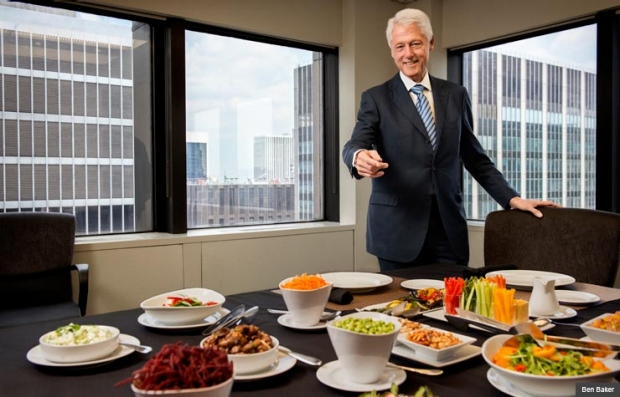Worldwide demand for palm oil is on the rise, as millions of people use it for cooking, cosmetic and beauty products, and snack foods. Look at the ingredients list of any junk food package and the chances are pretty good it will contain palm oil.
Unfortunately, this demand for palm oil is driving deforestation, as the industry cuts down rainforests to create new palm plantations. Naturally, this is devastating for people, animals, and biodiversity.
Now, this industrial production of palm oil is threatening to ravage Africa. The next target: Cameroon. Herakles Farms, a US-based corporation, is currently planning to destroy a giant swath of rainforest in Cameroon, threatening the habitat of chimpanzees and the subsistence of Cameroonian farmers.
According to Greenpeace:
New science shows that the rainforest Herakles wants to destroy is home to wildlife like elephants, chimpanzees, and other endangered wildlife like the red colobus monkey. It also provides for the livelihoods of more than 14,000 Cameroonians who rely on the forest for small subsistence farming, many of whom strongly oppose the project.
Yet Herakles Farms’ CEO Bruce Wrobel refuses to acknowledge these facts, instead claiming that the company is aiming to help the community through economic development. But the facts on the ground tell a different story. The Herakles Farms project is simply the wrong project in the wrong place.
…That’s why we’re calling on a U.S. corporation, Herakles Farms, to halt their plans to plow down an area of chimp rainforest ten times larger than Manhattan to create a palm oil plantation in Cameroon.
Please take a moment to write the CEO of Herakles Farms and ask him to cancel the plans for this site and choose a different location for their palm oil plantations — one that doesn’t threaten people, chimps, or biodiversity.
You can submit your letter easily on this page at Greenpeace.org.

